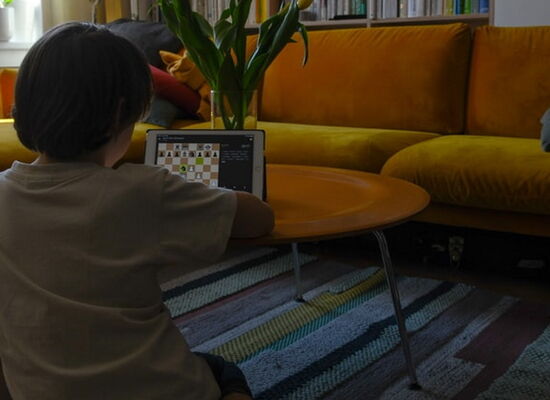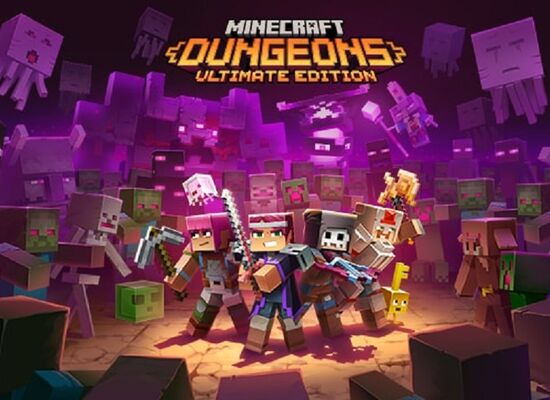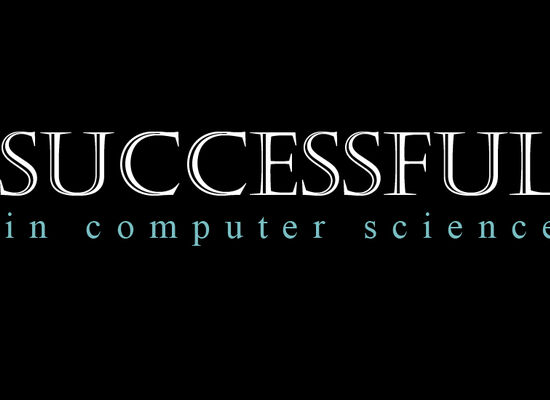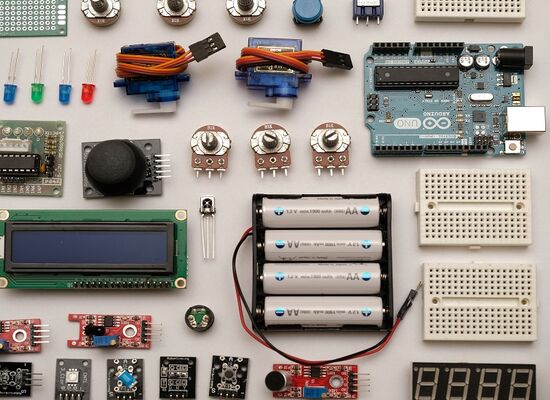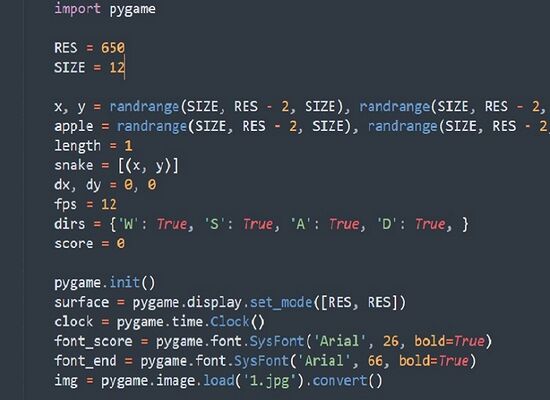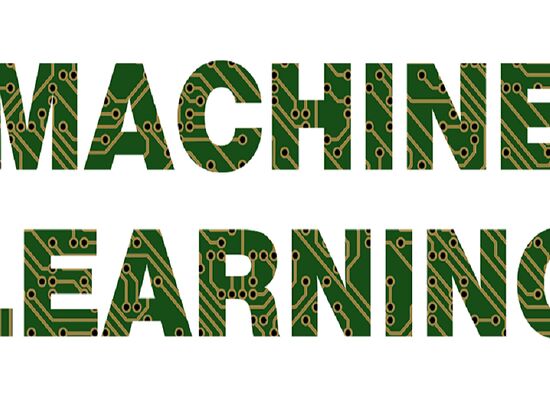Code Inspire
20 February, 2022
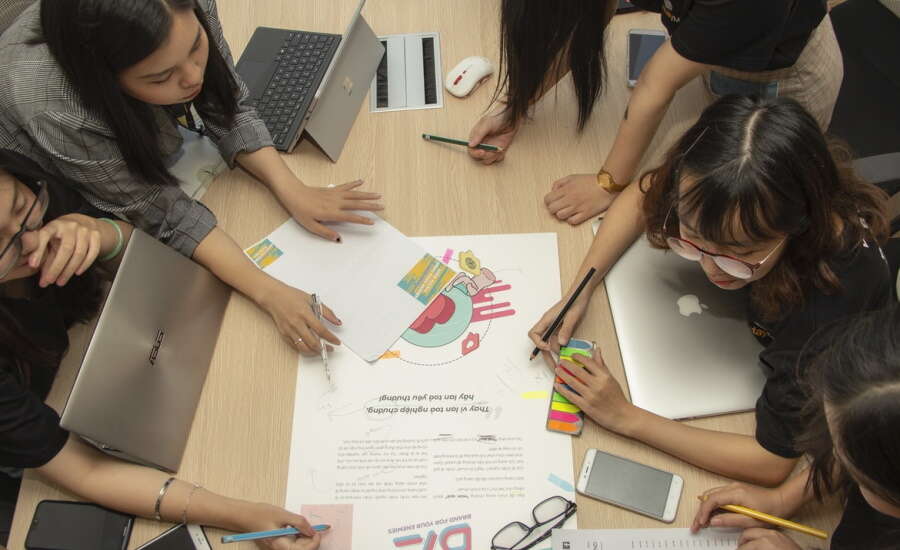
What are the inequalities in computer science and coding for kids?
- Coding offers kids the opportunity to acquire in-depth technical knowledge, be creative and design unique projects, learn valuable transferable skills, and to set themselves up for their futures
- Unfortunately, not all kids have access to coding opportunities. The computer science curriculum, number of qualified teachers, and necessary equipment is not equal across all schools
- Kids from disadvantaged communities cannot benefit from the crucial CS and technology education that their more privileged peers can – and so they are left behind when it comes to the skills and knowledge that coding classes can give them
- Code Inspire is striving to solve this problem and make coding and tech accessible to all K-12 students, especially those from communities in need. Our project-based classes educate and inspire a long-lasting interest in coding among our kids
As Stephen Hawking once said, “whether you want to uncover the secrets of the universe or you just want to pursue a career, basic computer programming is an essential skill to learn.” In a world that’s so dependent on technology, educators, parents, and researchers have started embracing the possibilities that coding can bring for kids – not just in the classroom, but across the curriculum and into their futures. Code Inspire aims to make sure that no child is deprived of equal access to learning, valuable skills, and opportunities.
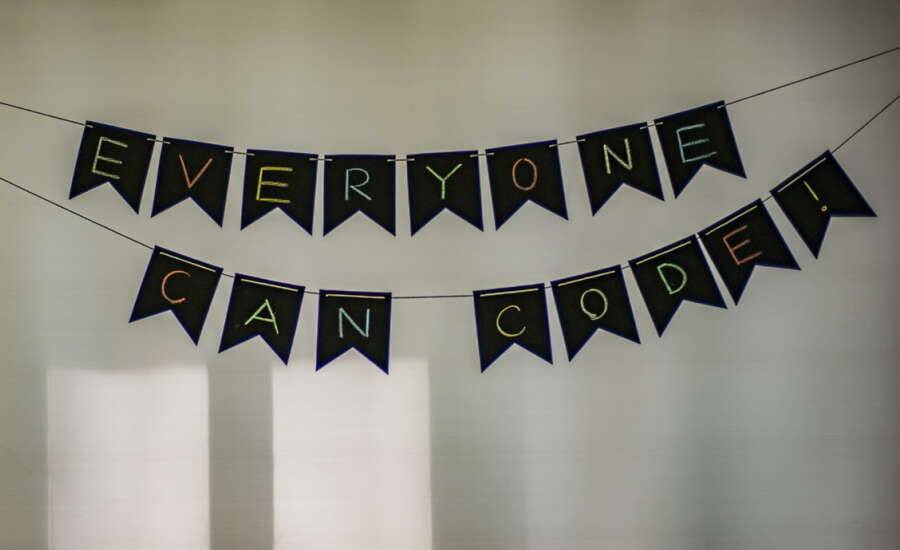
How do coding and computer science benefit kids?
It’s widely acknowledged that coding and computer science help kids develop crucial transferable skills. Studying CS is linked to better performance in other school subjects and higher college attendance, and learning programming helps kids to hone their analytical, logical, and problem-solving abilities. Another core tenet of programming is creativity and the ability to think outside the box. The best outcomes in coding don’t come from rote learning, but from experimentation – and if an error occurs then kids can just try again! Perseverance is another vital skill that kids gain from coding. As with studying a foreign language, programming languages can be complex and frustrating to learn. But if kids keep trying, the outcome will be so rewarding.
As well as teaching children general skills that are vital for their future, coding gives them a solid foundation for the modern job market. During the pandemic, we all became acutely aware of just how important tech is in our lives. And this trend shows no sign of stopping: 67% of all new jobs in STEM are in computing, and computing is set to expand faster than any other field by 2026. Those who enter the job market with a background in CS and coding will be surrounded by career opportunities – and lucrative ones at that!
Best of all? All of these benefits can be accessed from an early age and with simple hardware. With the right instruction and resources, coding can be the great equalizer.
How many kids can actually access coding and computer science opportunities?
Knowing that coding and CS can open up so many doors for children, you’d expect that schools everywhere are rushing to educate their pupils. And there has indeed been a fundamental shift in how educators approach coding and CS for kids: today, 23 states require all high schools to offer computer science, and all states allow computer science to count towards the graduation requirement.
It all sounds fantastic on paper – but it isn’t always possible to apply these positive changes.
Just 51% of federally-funded high schools offer foundational computer science courses. While this demonstrates great progress since 2018 (when just 1/3 of schools taught CS), there is still a long way to go. Some schools have extensive computer labs and can afford to hand out laptops and iPads to their students. Other schools share just a few dozen PCs between a thousand children. Aside from inadequate hardware, another issue is the lack of trained teachers. Computer science is not treated with the same importance as other STEM subjects, and when private-sector tech jobs are so lucrative, software developers have little incentive to leave their careers and bring their real-world tech experience into the classroom. Where CS is part of the curriculum, too often it focusses on basic skills like using search engines and word processing – although useful, this lacks excitement, creativity, and doesn’t actually teach kids how computers work.
The situation is especially dire for students from communities in need. During the pandemic, Black, African American, Hispanic and Latinx students, and those from high-poverty and rural communities, were disproportionately affected by the suspension of CS classes. What’s more, there are not enough classes available to meet kids’ demand; in particular, Black and Hispanic students who want to study computer science cannot access the classes they need. This has negative effects later on down the line: currently, just 6-8% of Bachelor or Advanced degrees in computer science go to Hispanic and Black students, and only 5-6% of computing jobs are held by Black or Hispanic software and web developers. It’s clear that the digital divide in CS classes for kids leads directly to the absence of diversity in the tech industry overall.
Children who want to invest in their futures just don’t have access to the opportunities that allow them to succeed. Coding has the potential to be a great equalizer – but unless we can level the playing field, and give every child access to critical CS education, disadvantaged kids will be left behind.

How is Code Inspire helping to solve this problem?
At CodeAdvantage, we see first-hand how enriching coding classes are for young people. As well as learning vital tech skills, students can let their imaginations run free in an engaging and educational setting, socialize with friends, and gain valuable mentorship from our coding instructors. It is deeply important to us that all children can access these valuable opportunities, and so we founded Code Inspire. Code Inspire is a new charity project that brings quality coding and technology education to children aged 5-13, in particular to Black, Hispanic, Native+, and female students who have less access to such opportunities.
At Code Inspire, kids get an introduction to coding in exciting project-based classes like 3D videogame design, AI and machine learning, robotics, and web & app design, which aim to educate and inspire a long-lasting interest in coding and CS. As well as offering online classes led by live instructors that kids all over the country can join, Code Inspire provides in-person classes and even a “Computer Lab in a Box”, to supply equipment and Wi-Fi for offline classes at disadvantaged schools. Code Inspire is partly funded by parents: when you purchase a CodeAdvantage course for your child, part of your registration fee contributes toward Code Inspire and helps set other children up for the best possible future.
If you want to learn more about Code Inspire’s mission, meet our team, or get involved yourself, then visit our website.
Photos by Van Tay Media, Giovanni Gagliardi and Adi Goldstein on Unsplash


